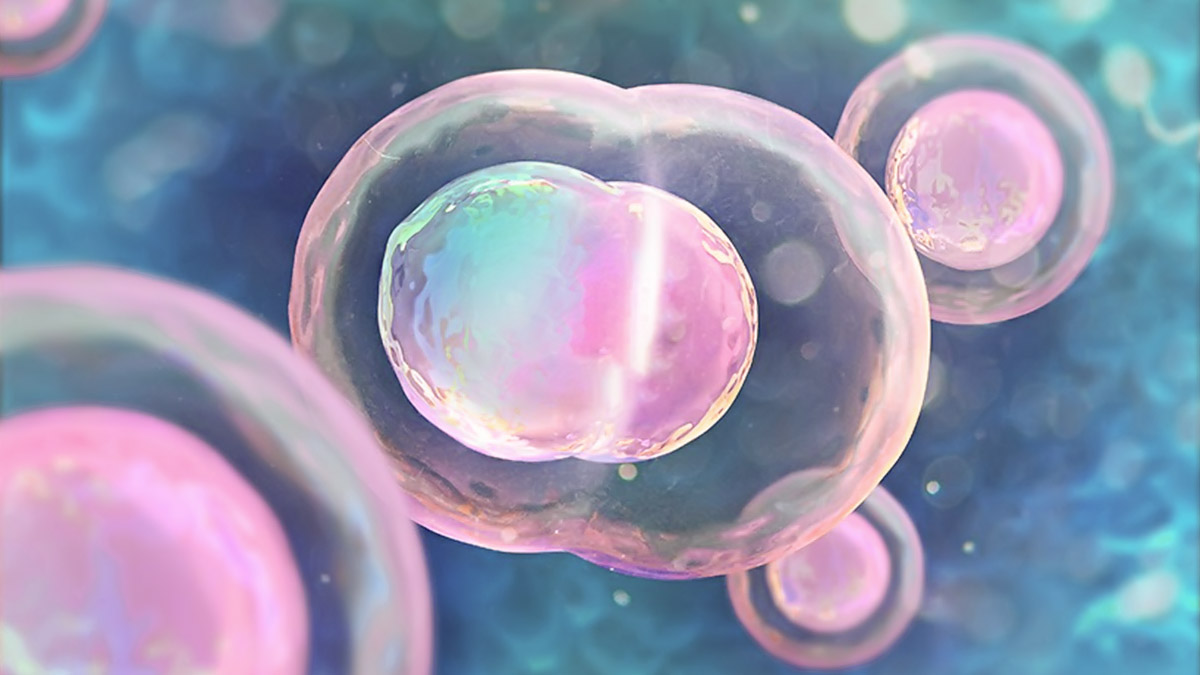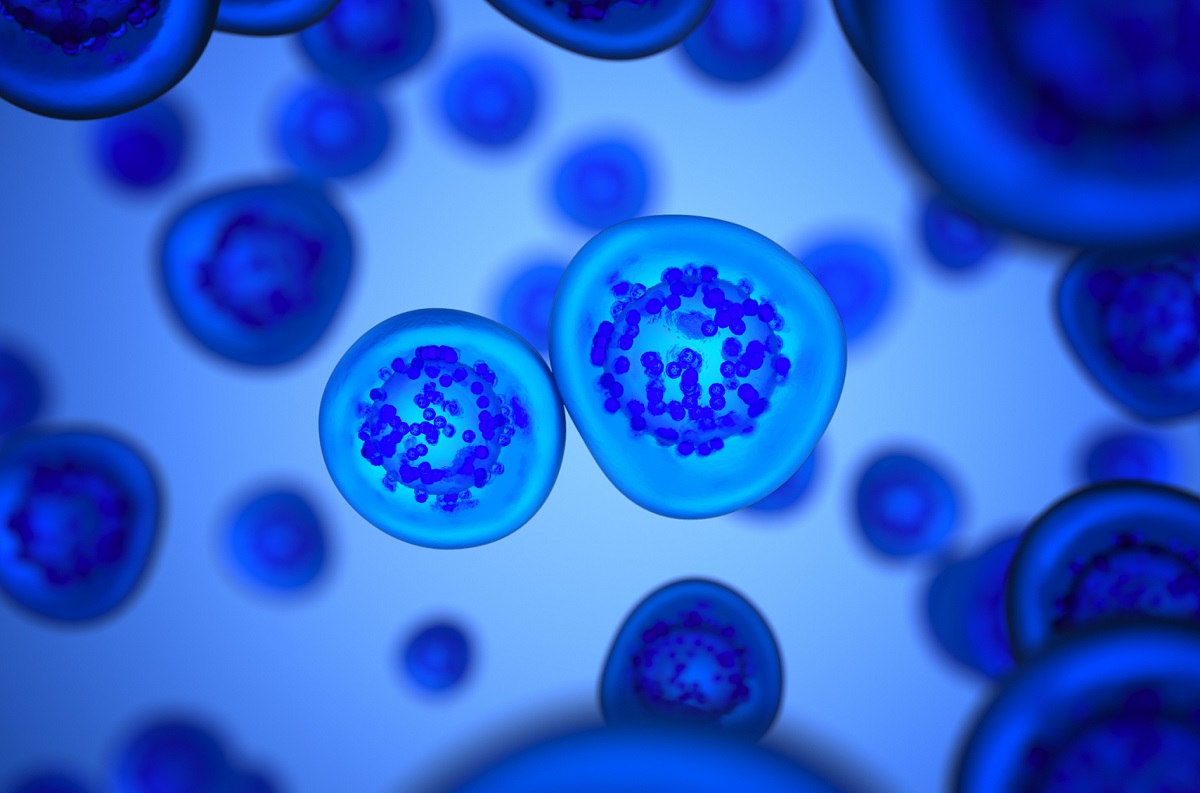
Bone marrow mesenchymal stem cells (BMSCs), formerly known as bone marrow stromal fibroblasts, are a type of adult stem cell that originates from the mesoderm and has self-renewal and multipotent differentiation potential. They can differentiate into various mesenchymal tissues, such as bone, cartilage, fat, bone marrow hematopoietic tissue, etc. The migration, colonization, proliferation, and differentiation of bone marrow BMSCs require information obtained from the external environment. The direction of differentiation depends on the microenvironment in which it is located. The 'microenvironment' here includes not only the bone marrow microenvironment, but also the local interstitial tissue microenvironment. The changes in the bone marrow microenvironment of PMF patients include an increase in stromal cells and abnormal aggregation of megakaryocytes, an increase in extracellular matrix proteins, increased angiogenesis, sinus dilation with intravascular hematopoiesis, and bone sclerosis. This change is distributed in patches, and the bone marrow changes may vary among different patients or different parts of the same patient. The microenvironment of local interstitial tissue involves various factors such as bone marrow stromal proteins, cell-cell and cell-matrix contacts, local cell and growth factor concentrations, and receptor expression. It is not yet clear whether bone marrow fibroblasts in AMM patients differentiate from bone marrow BMSCs. But research has found extremely subtle relationships between the bone marrow microenvironment, BMSCs, and hematopoietic stem cells, which may be related to the pathogenesis of PMF.

Main characteristics
Mesenchymal stem cells (MSCs) are a type of pluripotent stem cell belonging to the mesoderm, mainly found in connective tissue and organ stroma, with the highest content in bone marrow tissue. As bone marrow is its main source, they are collectively referred to as bone marrow mesenchymal stem cells. Bone marrow mesenchymal stem cells have the following characteristics:
1、 It has strong proliferation ability and multi-directional differentiation potential, and has the ability to differentiate into various cells such as muscle cells, liver cells, osteoblasts, adipocytes, chondrocytes, stromal cells, etc. in suitable in vivo or in vitro environments.
2、 It has immune regulatory function, which inhibits T cell proliferation and immune response through cell-cell interactions and cytokine production, thereby exerting the function of immune reconstruction.
3、 It has convenient source, easy separation, cultivation, amplification and purification, and retains stem cell characteristics even after multiple passages and expansions, without immune rejection.
4、 Blurred appearance, unclear surface antigens, mild rejection in allogeneic transplantation, and lax matching requirements.
It is precisely because of the immunological characteristics possessed by mesenchymal stem cells that they have broad clinical application prospects in the treatment of hematological diseases. Autologous transplantation can reconstruct the structure and function of tissues and organs, and avoid immune rejection reactions.
function
Mesenchymal stem cells can differentiate into bone, cartilage, muscle, or tendon, providing a cellular source for clinical treatment of various injuries; Mesenchymal stem cells can also differentiate into myocardial tissue, and under a microscope, spontaneous pulsations can be observed in cell lines within the myocardial tissue; Differentiation of mesenchymal stem cells into dermal tissue can cover burn wounds.
